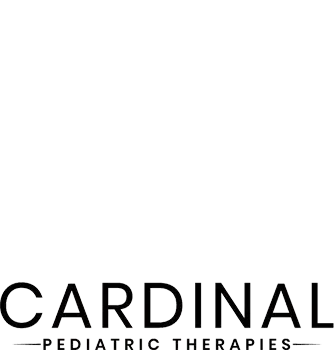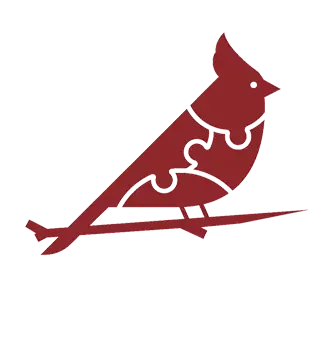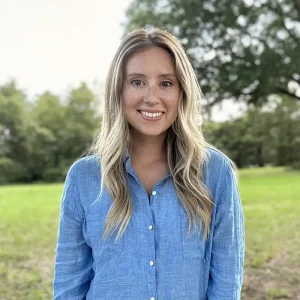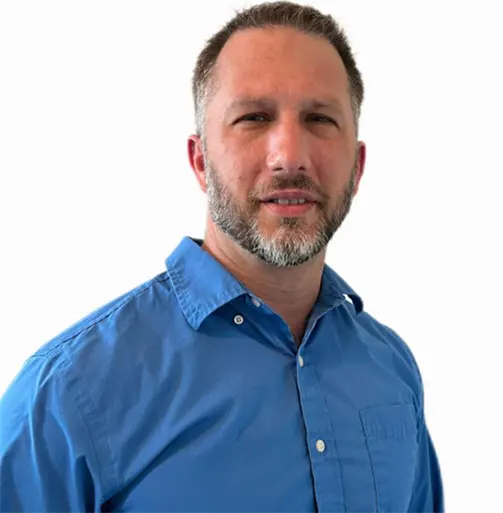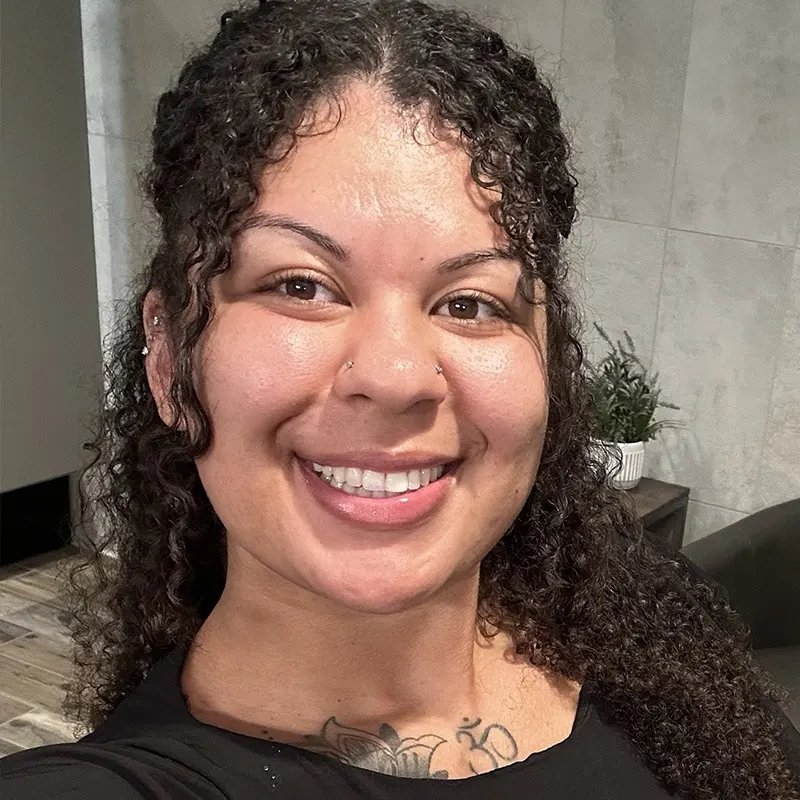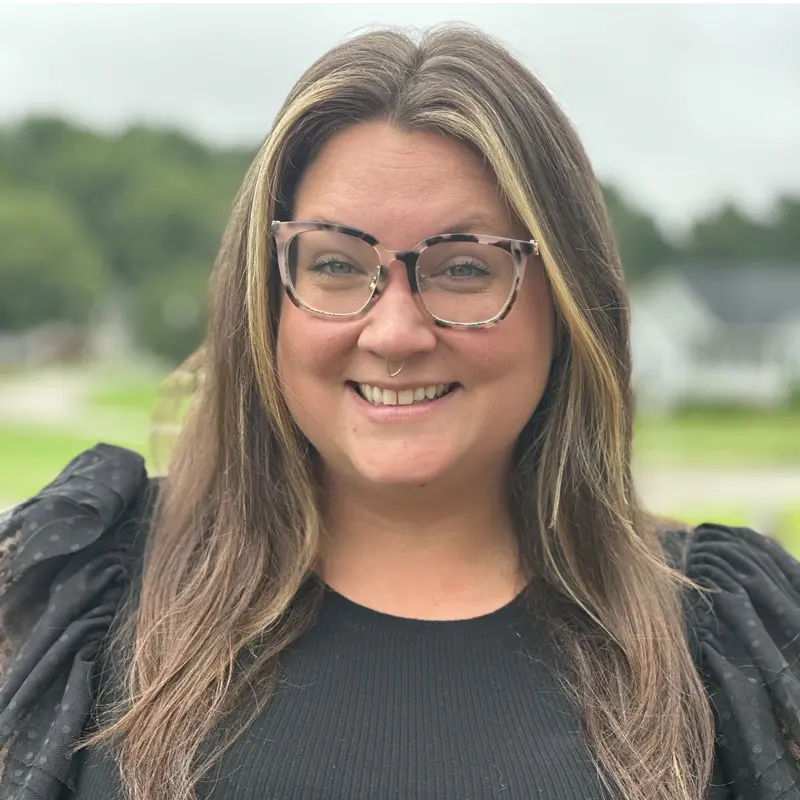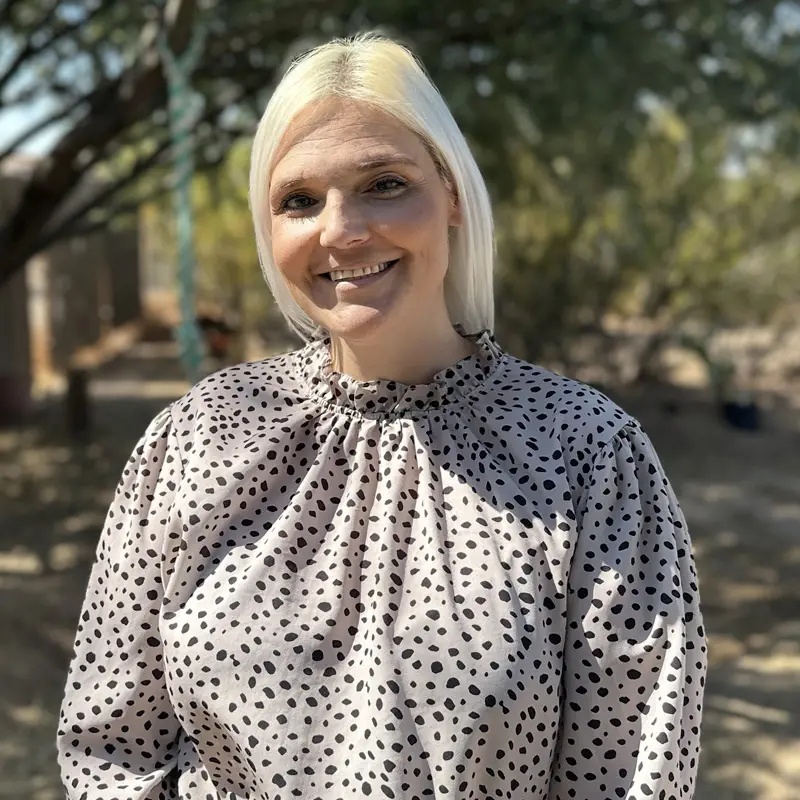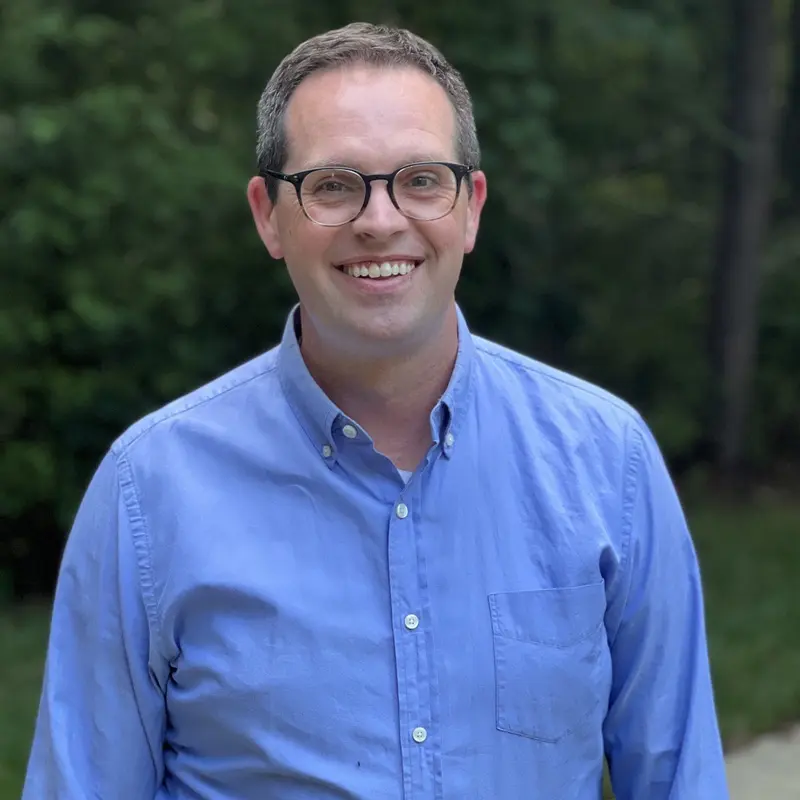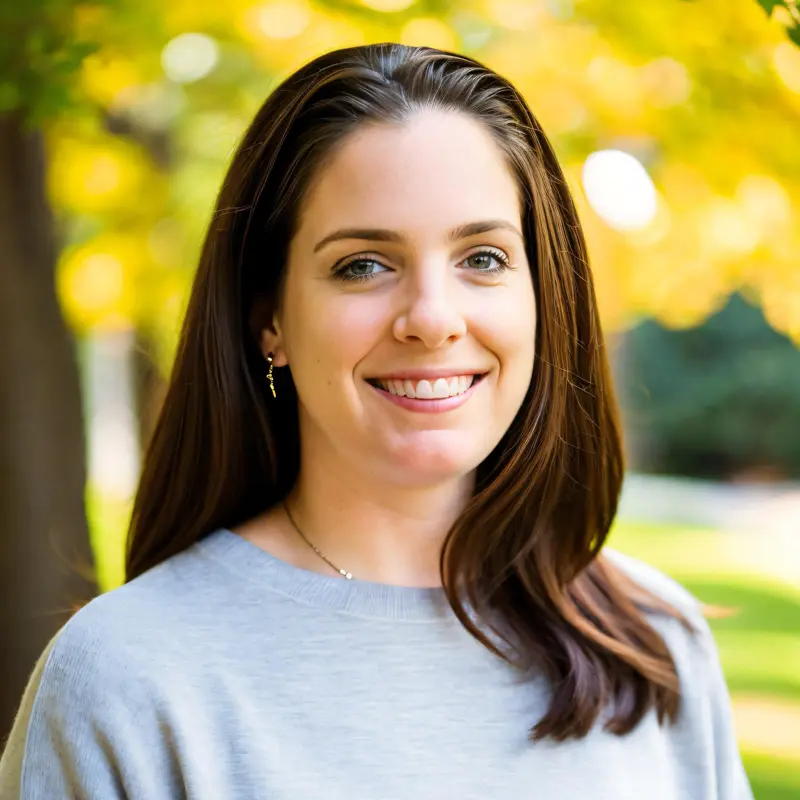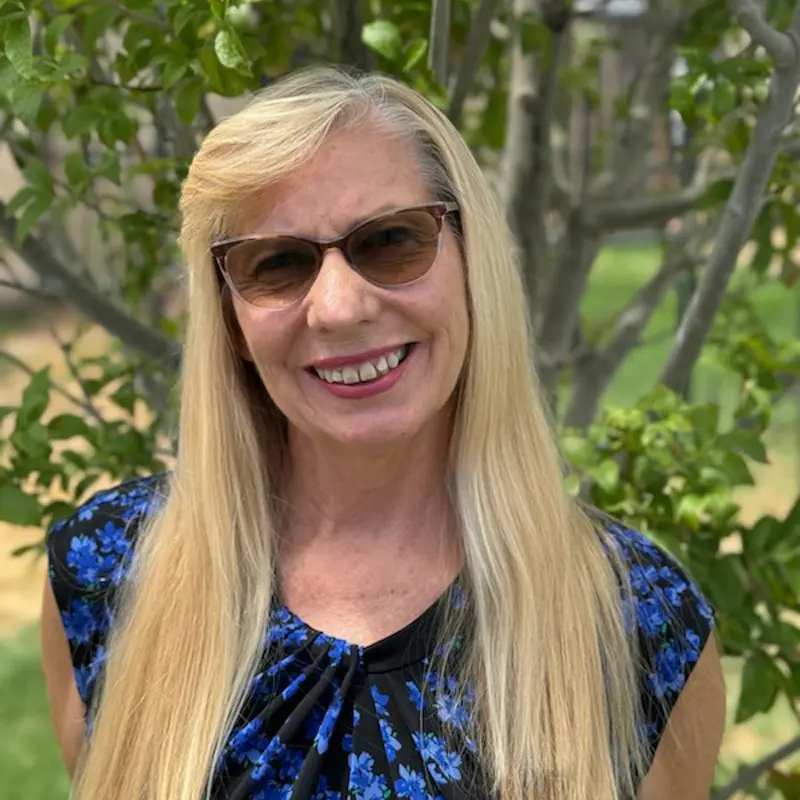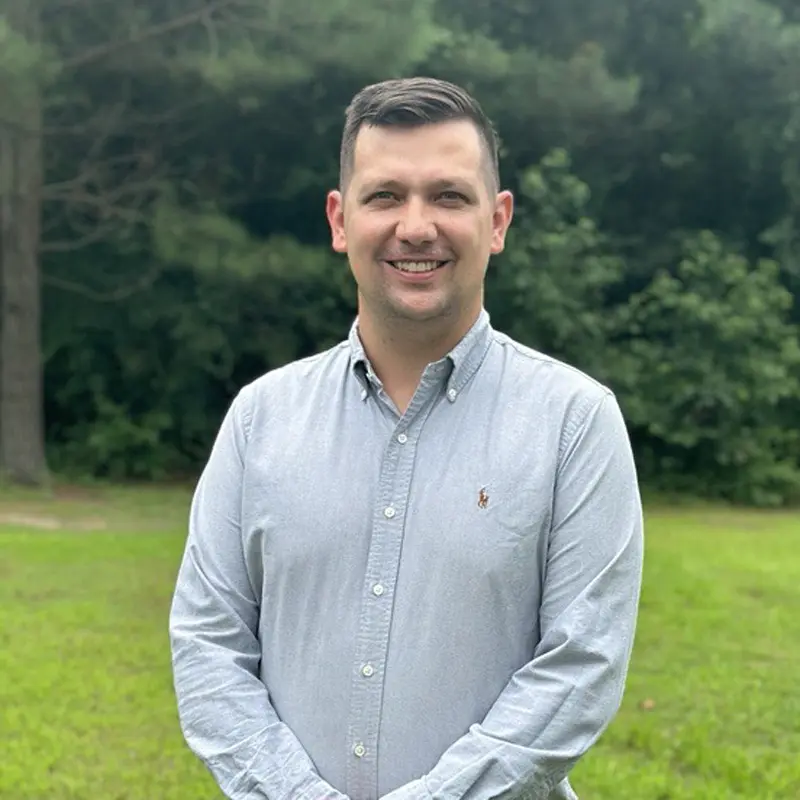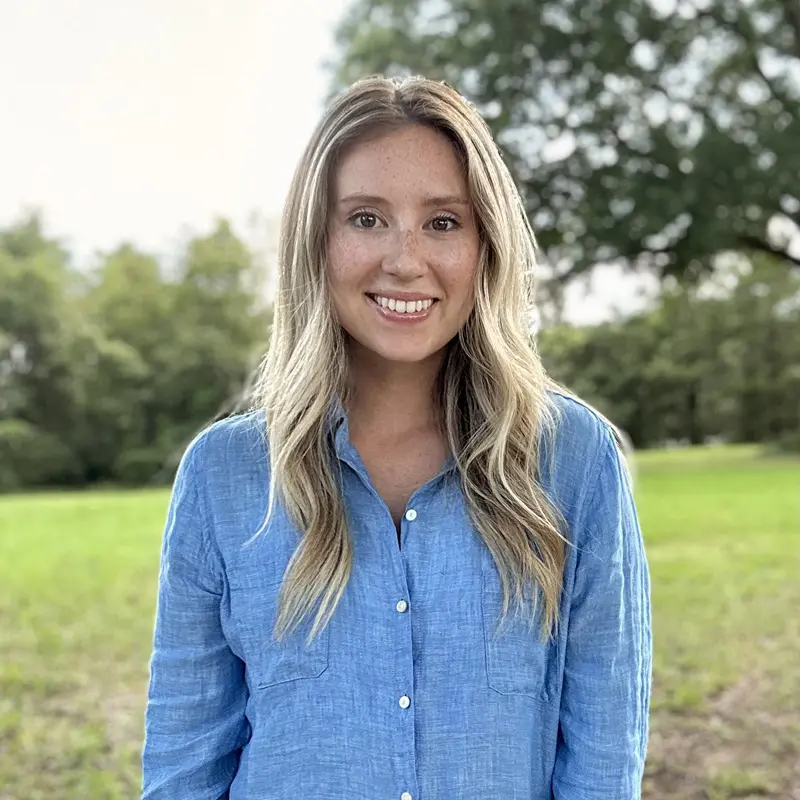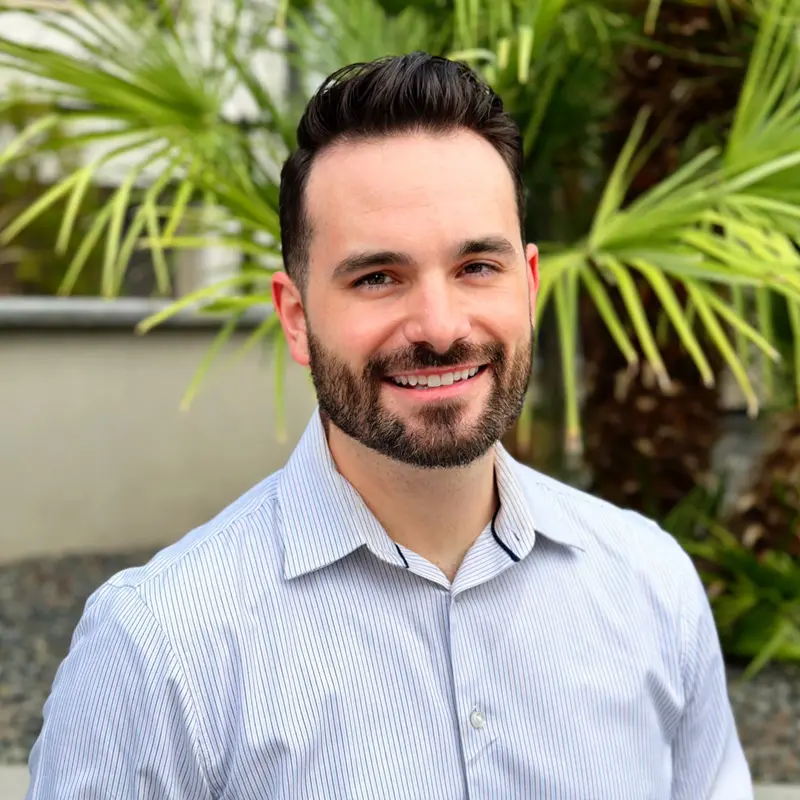It’s one of the most difficult and emotional questions a parent can ask: Does my child have autism?
You may have noticed that your child isn’t hitting developmental milestones at the same time as their peers. Perhaps they’re having trouble communicating, avoid eye contact, or prefer playing alone. While these signs don’t always mean autism, they are worth exploring with a trusted professional.
At Cardinal Pediatric Therapies, we work closely with families to evaluate early symptoms, provide supportive answers, and help children thrive through proven therapy programs.
If you’re beginning to wonder whether your child may be on the autism spectrum, this guide is here to help you understand what to look for and what to do next.

Common Early Signs of Autism
Autism Spectrum Disorder (ASD) affects how children interact, communicate, and respond to their environment. It presents differently in every child, but some common early indicators include:
- Limited or no eye contact
- Delayed speech or no speech by 16–24 months
- Repetitive behaviors, such as flapping hands, spinning objects, or lining up toys
- Lack of interest in other children or pretending during play
- No response to their name by 12 months
- Strong reactions to sounds, textures, or light
- Fixation on routines and distress when they are disrupted
Many children may show one or two of these behaviors without having autism, but when several of these signs appear together and persist, it’s time to seek professional guidance.
Milestones to Watch by Age
Understanding which developmental milestones are typical and which delays might signal autism can help you feel more confident in taking the following steps.
Toddlers (12–24 Months)
- Does not point to show interest or objects
- Doesn’t respond when name is called
- No single words by 16 months
- Doesn’t follow simple instructions
Preschoolers (2–4 Years)
- No two-word phrases by 24 months
- Repeats words or phrases without meaning (echolalia)
- Difficulty making eye contact or showing facial expressions
- Limited interest in interacting with others
Early Elementary (5–7 Years)
- Avoids playing with other children
- Has difficulty understanding other people’s feelings
- Becomes fixated on specific topics or routines
- Struggles with transitions or changes in schedule
These signs don’t always lead to an autism diagnosis, but they are strong indicators that further evaluation may be helpful.

The Autism Diagnosis Process
If you’ve been asking yourself, Does my child have autism?, the next step is to begin the evaluation process. Early identification can have a significant impact on your child’s development and future success.
1. Talk to Your Pediatrician
Share your observations and concerns with your child’s doctor. They may use a brief screening tool or refer you to a specialist.
2. Use Developmental Screeners
One standard tool is the M-CHAT-R/F (Modified Checklist for Autism in Toddlers), which is used for children between 16 and 30 months of age. It identifies red flags that may suggest autism or another developmental delay.
3. Referral to a Specialist
Your pediatrician may refer you to a developmental pediatrician, neurologist, or licensed psychologist specializing in autism evaluations. The diagnostic process may include structured observation, parent interviews, and standardized testing.
4. Don’t Wait to Act
You don’t need a formal diagnosis to begin supportive services. Behavioral therapy, speech therapy, and parent training can all begin during a comprehensive evaluation.
Why Early Intervention Matters
The earlier a child receives support, the more progress they can make. Autism is not something that can be “cured,” but with the right therapies, children can improve communication, reduce challenging behaviors, and become more confident in daily life.
Benefits of Early Intervention:
- Helps your child build key social and language skills
- Reduces the intensity of behavioral symptoms
- Promotes independence at home and in school
- Gives parents the tools to support their child better
- Sets up long-term success with routines and relationships
If you’ve been wondering, does my child have autism? Early action, even without a confirmed diagnosis, can have lifelong benefits.

How Cardinal Pediatric Therapies Can Help
At Cardinal Pediatric Therapies, we specialize in helping children on the autism spectrum achieve their full potential.
Our services are available across North Carolina and Arizona and are tailored to each child’s needs.
Our Services Include:
- ABA Therapy (Applied Behavior Analysis): The gold standard for autism treatment, ABA helps children improve communication, behavior, and daily routines
- In-Home and In-Clinic Options: We offer flexible therapy environments to meet your child where they’re most comfortable
- Speech and Occupational Therapy: For children who need support in language development, fine motor skills, and sensory processing
- Parent Coaching: Learn practical tools and strategies to support your child’s progress at home
- Partnership with Diagnostic Providers: If your child hasn’t been formally diagnosed, we can connect you with professionals who specialize in evaluations
Our goal is not only to help your child grow but also to support your entire family through every step of the journey.
When to Reach Out
You know your child better than anyone. If something doesn’t feel right, asking questions early is always better. Many parents who ultimately receive an autism diagnosis say they had a “gut feeling” that something was different, even before symptoms became clear to others.
Reach out to Cardinal Pediatric Therapies if:
- Your child is missing developmental milestones.
- You’ve noticed behaviors like frequent meltdowns, avoidance of social interaction, or repetitive actions.
- You’re overwhelmed by the question, Does my child have autism?, and don’t know where to start.
- You need support navigating the diagnosis or therapy process.
Final Thoughts
No parent wants to hear that their child may face challenges, but the truth is that early understanding and intervention lead to the best possible outcomes.
Asking, does my child have autism? It’s not admitting failure; it’s the first brave step toward getting the support your child deserves.
At Cardinal Pediatric Therapies, we’re here to walk beside you with compassionate care, expert knowledge, and services that make a real difference. Whether your child has just started showing signs or is awaiting a diagnosis, we can help you move forward with clarity and confidence.
Frequently Asked Questions
What are the first signs of autism in toddlers?
Common signs include a lack of eye contact, delayed speech, a lack of pointing or gesturing, and limited interest in interacting with others. Repetitive behaviors, such as flapping or spinning objects, may also appear early.
Can autism symptoms appear suddenly?
Some parents notice a sudden loss of skills or regression around 18 to 24 months, especially in speech or social interaction. In other cases, signs emerge gradually over time.
At what age can autism be diagnosed?
Autism can be reliably diagnosed as early as 18–24 months, though many children are diagnosed between the ages of 2 and 4. Early screenings can begin as early as 12 months if concerns arise.
What should I do if I think my child has autism?
Consult with your pediatrician, initiate a developmental screening, and consider contacting therapy providers, such as Cardinal Pediatric Therapies. You don’t need to wait for a diagnosis to get support.
